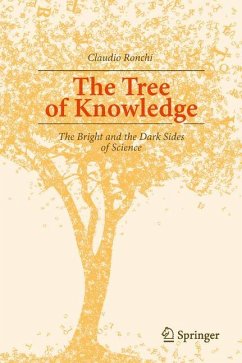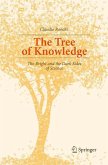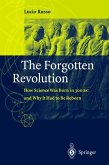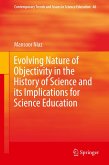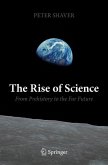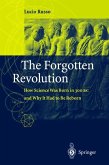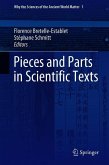Whether considered a divine gift or a Promethean conquest, science has indisputably and indelibly marked the course of human history. A product of the intellectual elite, but always nourished by the many fruits of its applications, science appears today to be a perfect system, whose laws and discoveries guide all human activities. Yet the foundations of its authority remain an open question, entailing disquieting aspects that are also to be identified in modern science. Furthermore it is seen to be exerting an increasing power over mankind. Readers are invited to follow an itinerary through the history of science, a voyage which, in the end, enables them to catch a glimpse of two divergent futures: One in which science accelerates the downfall of Homo sapiens, and another in which it helps our species to engage in a new and positive adventure, whose outcome nobody can know.
From the reviews:
"This is a fascinating, extensive, and insightful journey through the history of science. ... as a work of sound scholarship, it belongs in all college libraries. Summing Up: Recommended. Lower-division undergraduates through researchers/faculty." (V. V. Raman, Choice, Vol. 51 (10), June, 2014)
"This is a fascinating, extensive, and insightful journey through the history of science. ... as a work of sound scholarship, it belongs in all college libraries. Summing Up: Recommended. Lower-division undergraduates through researchers/faculty." (V. V. Raman, Choice, Vol. 51 (10), June, 2014)

